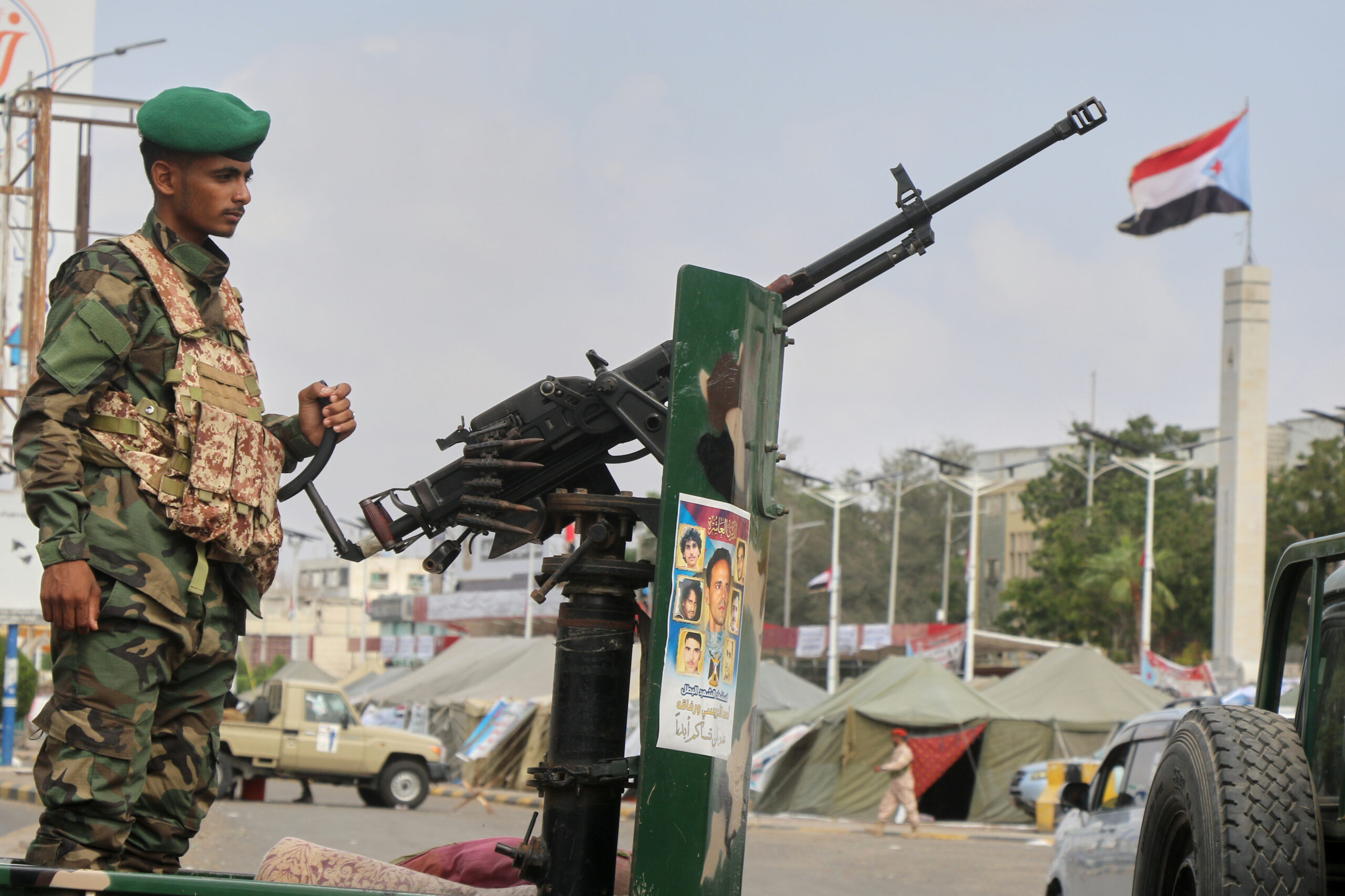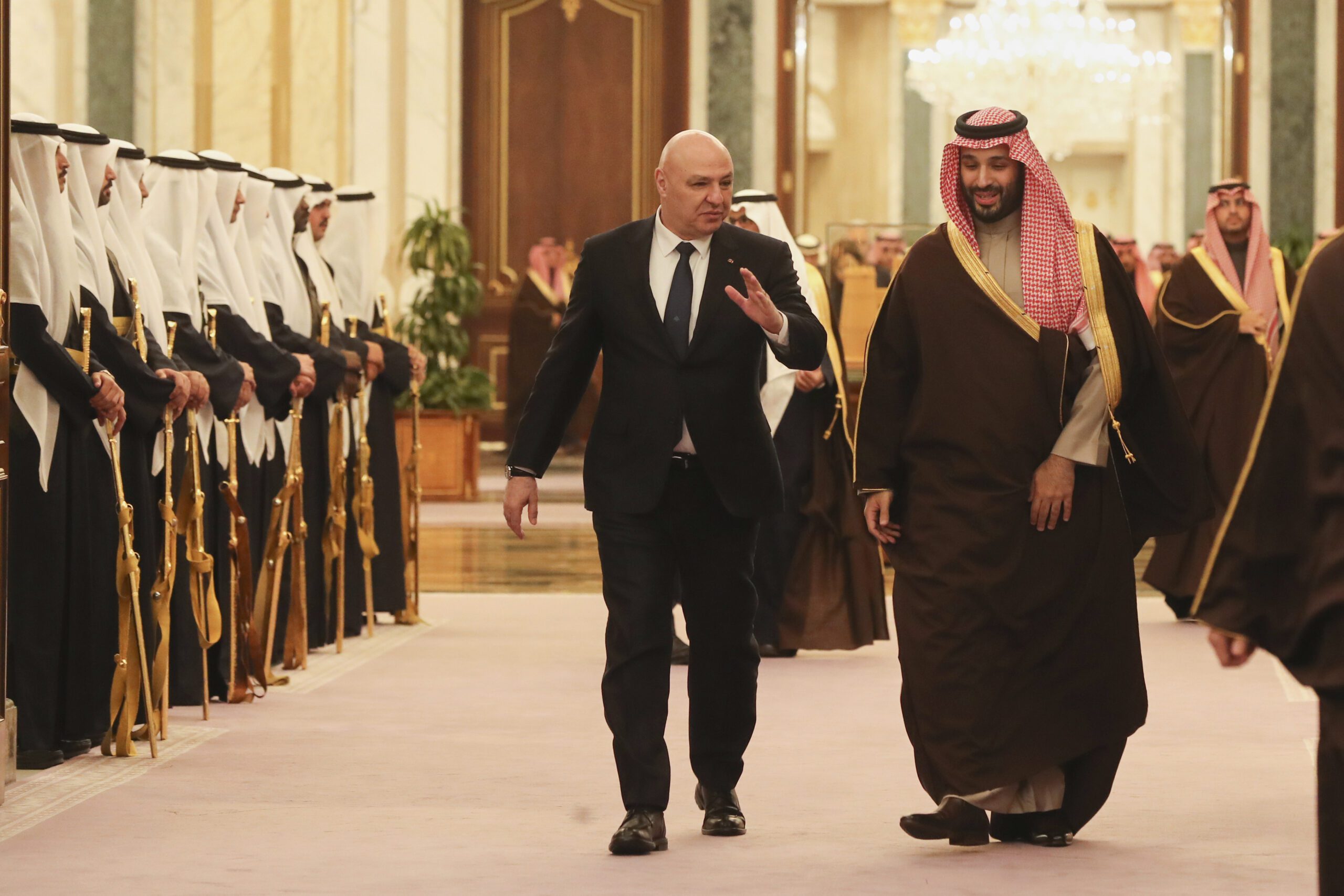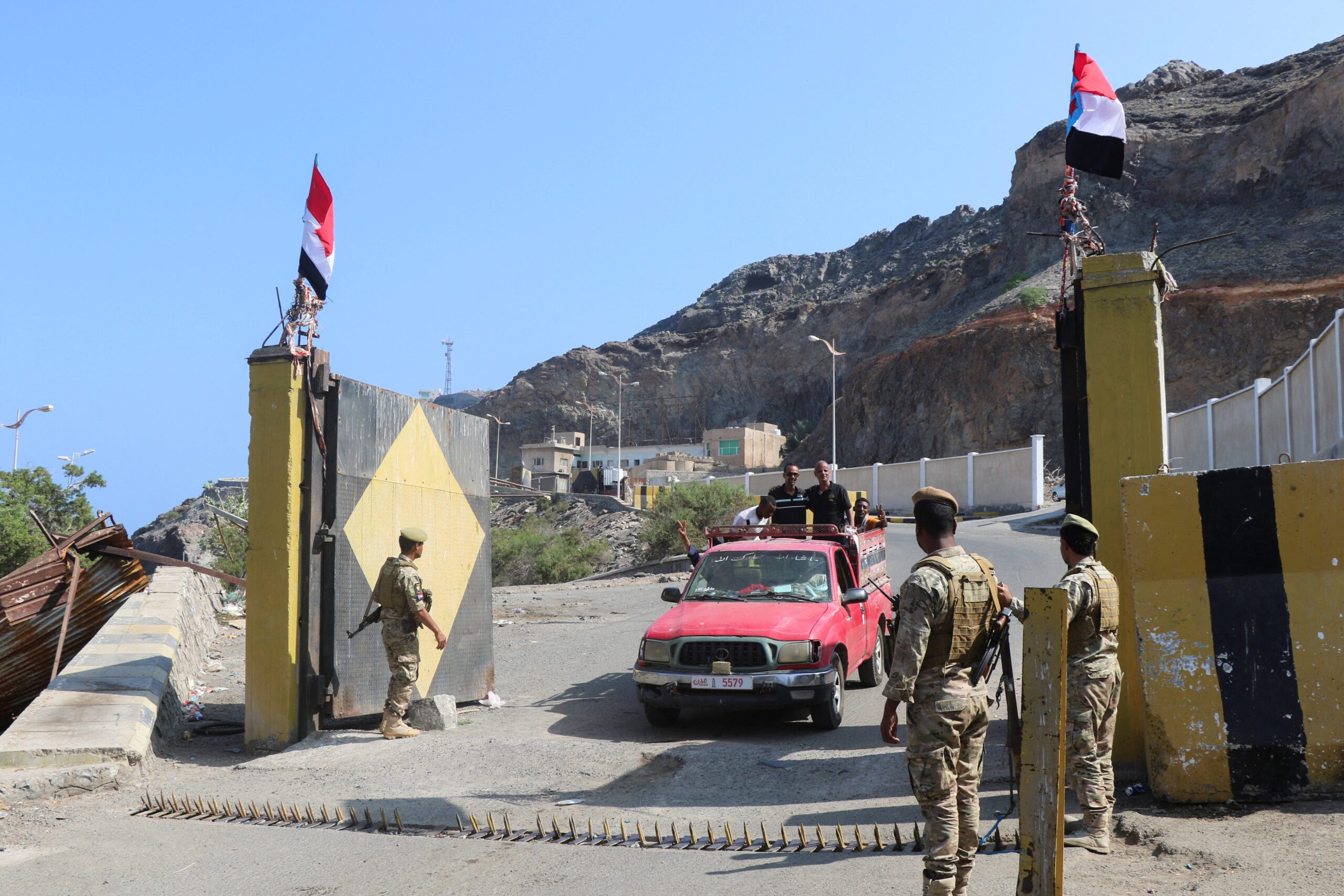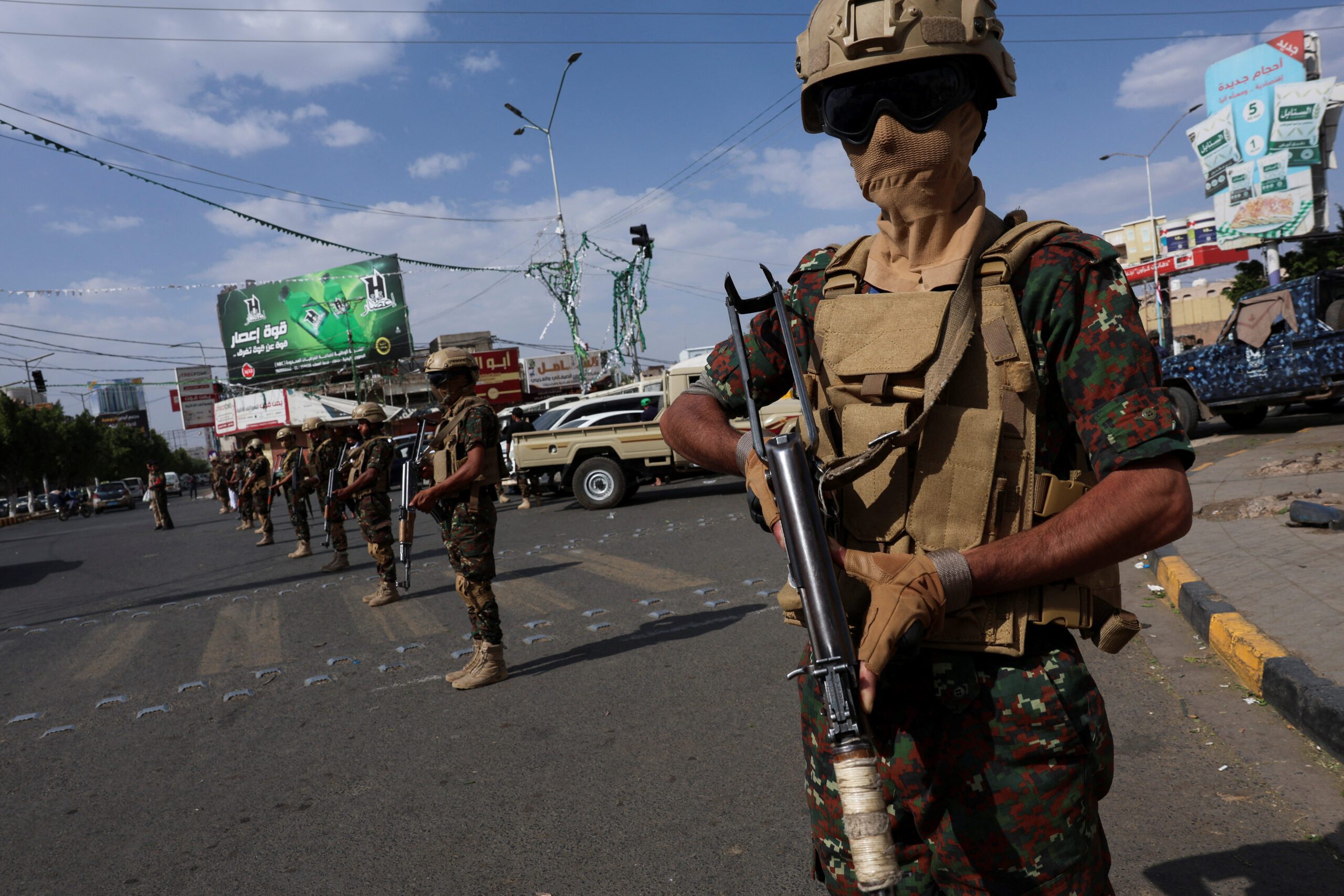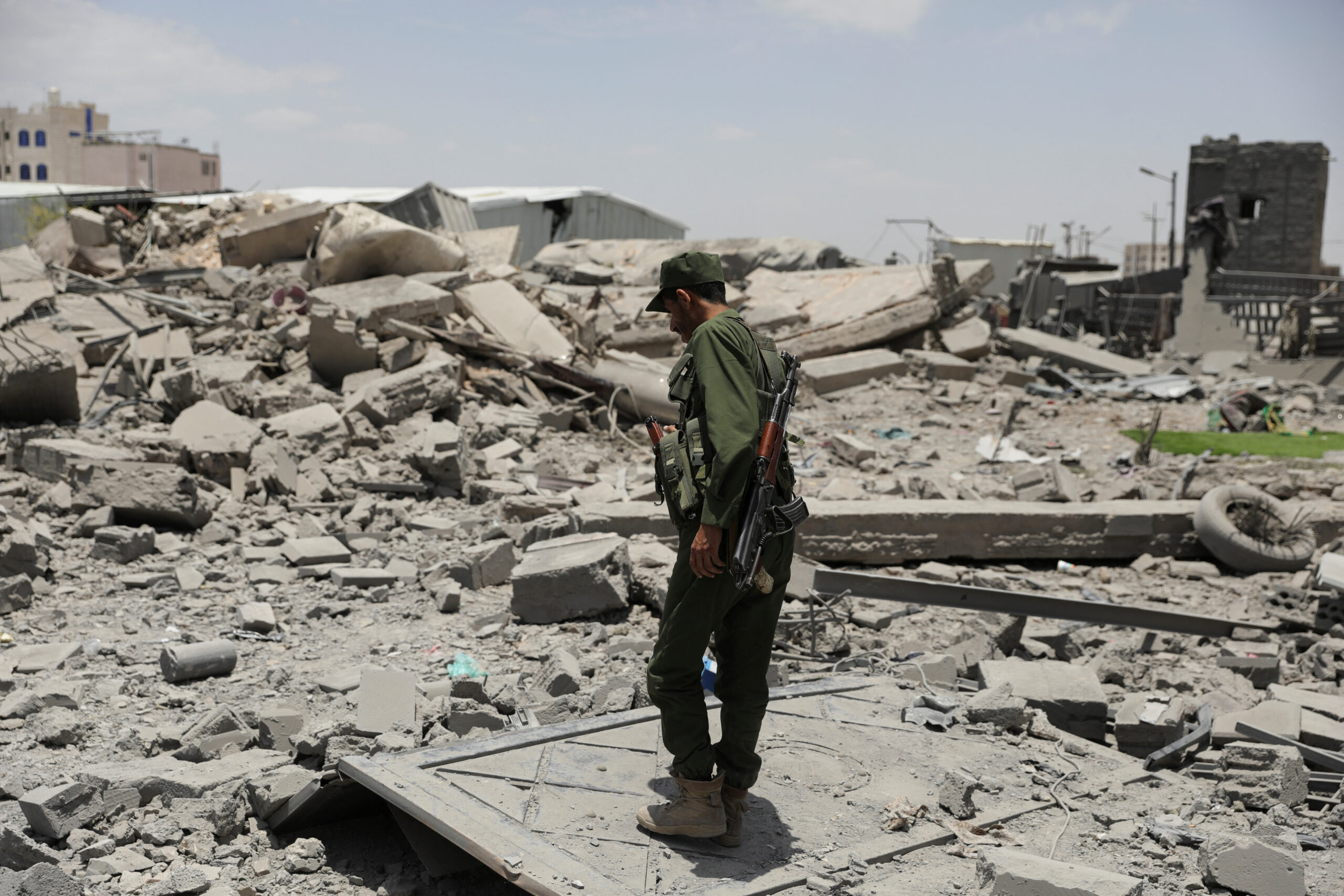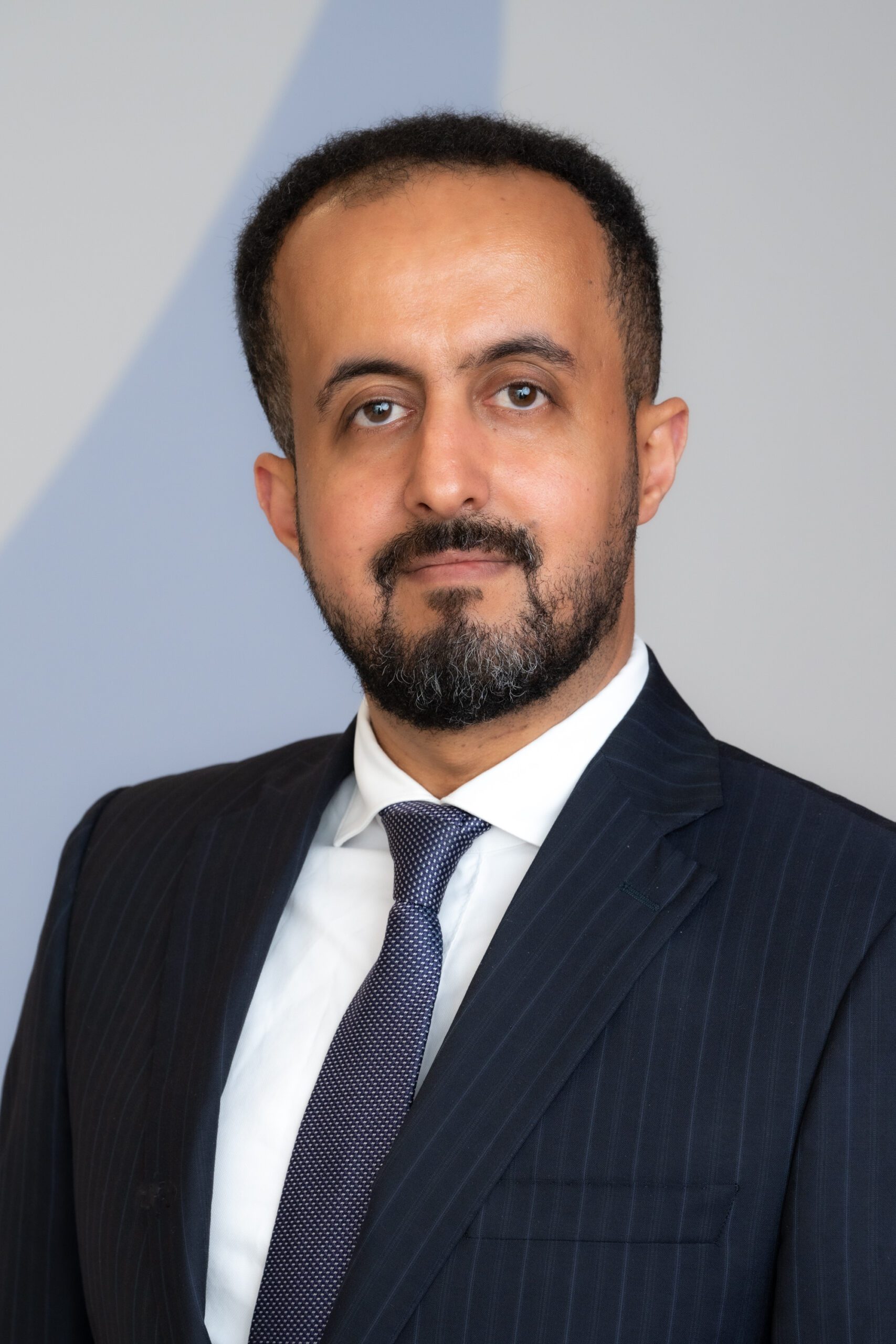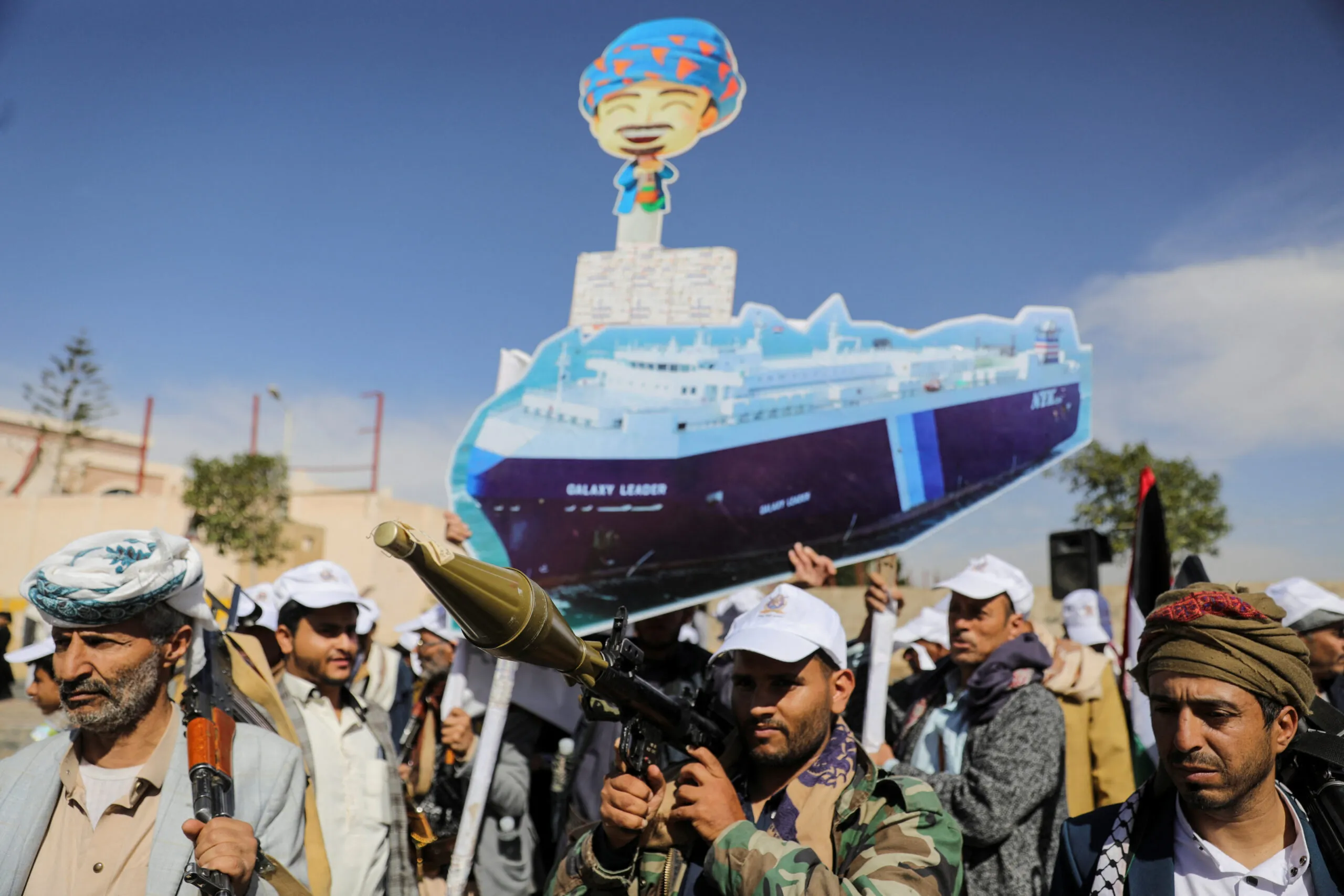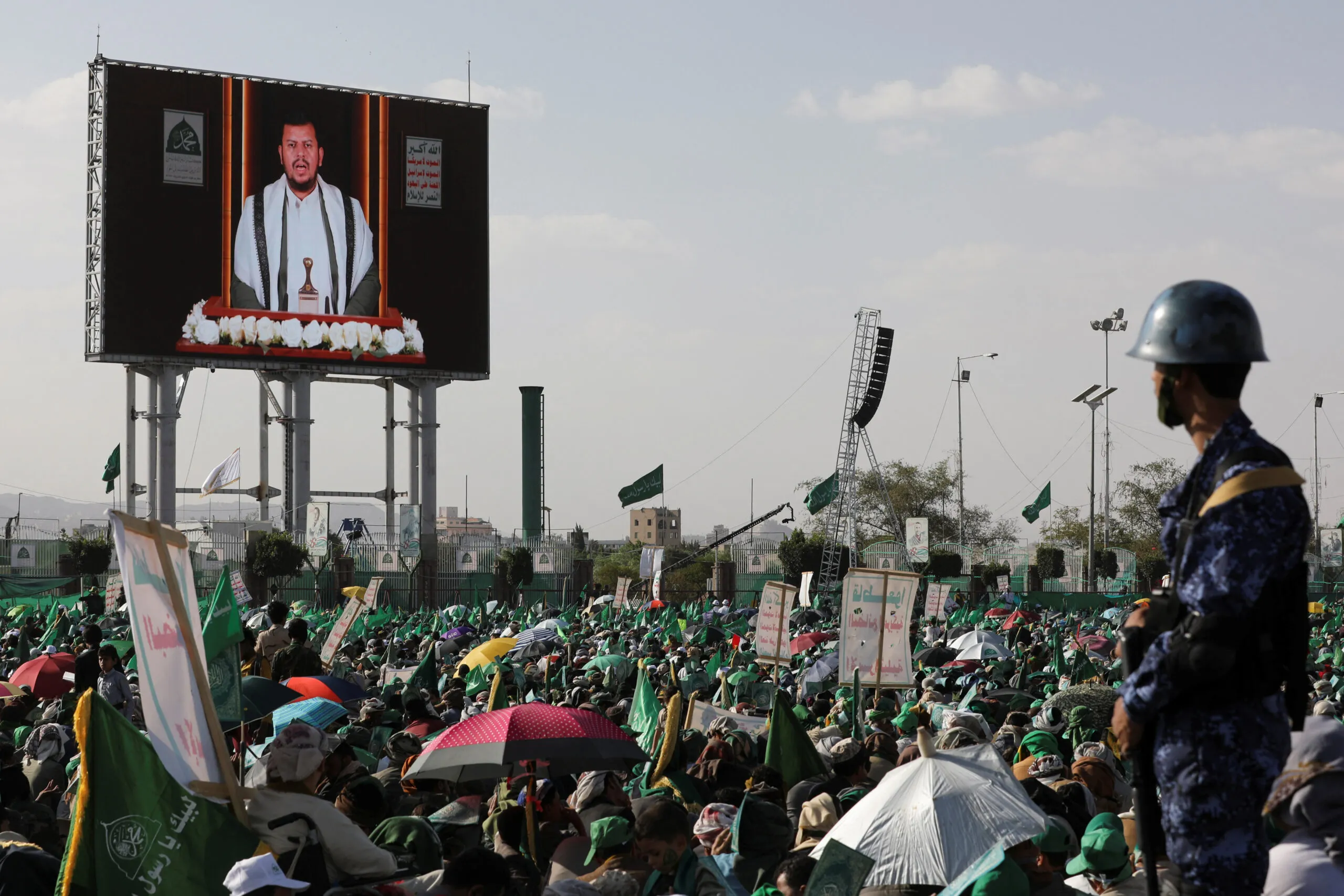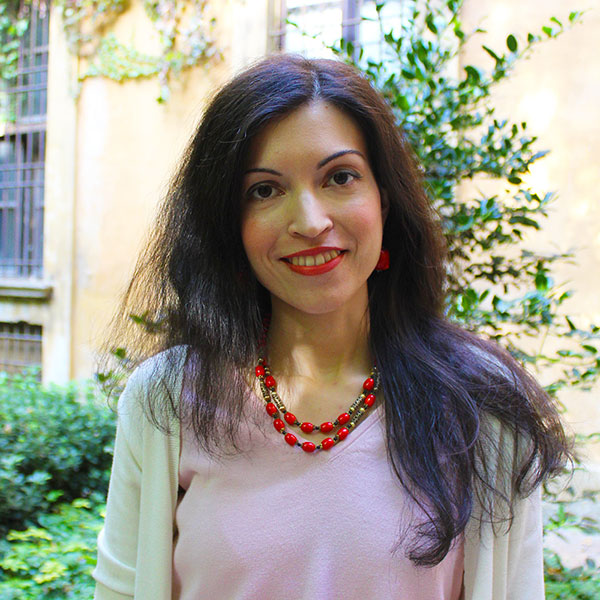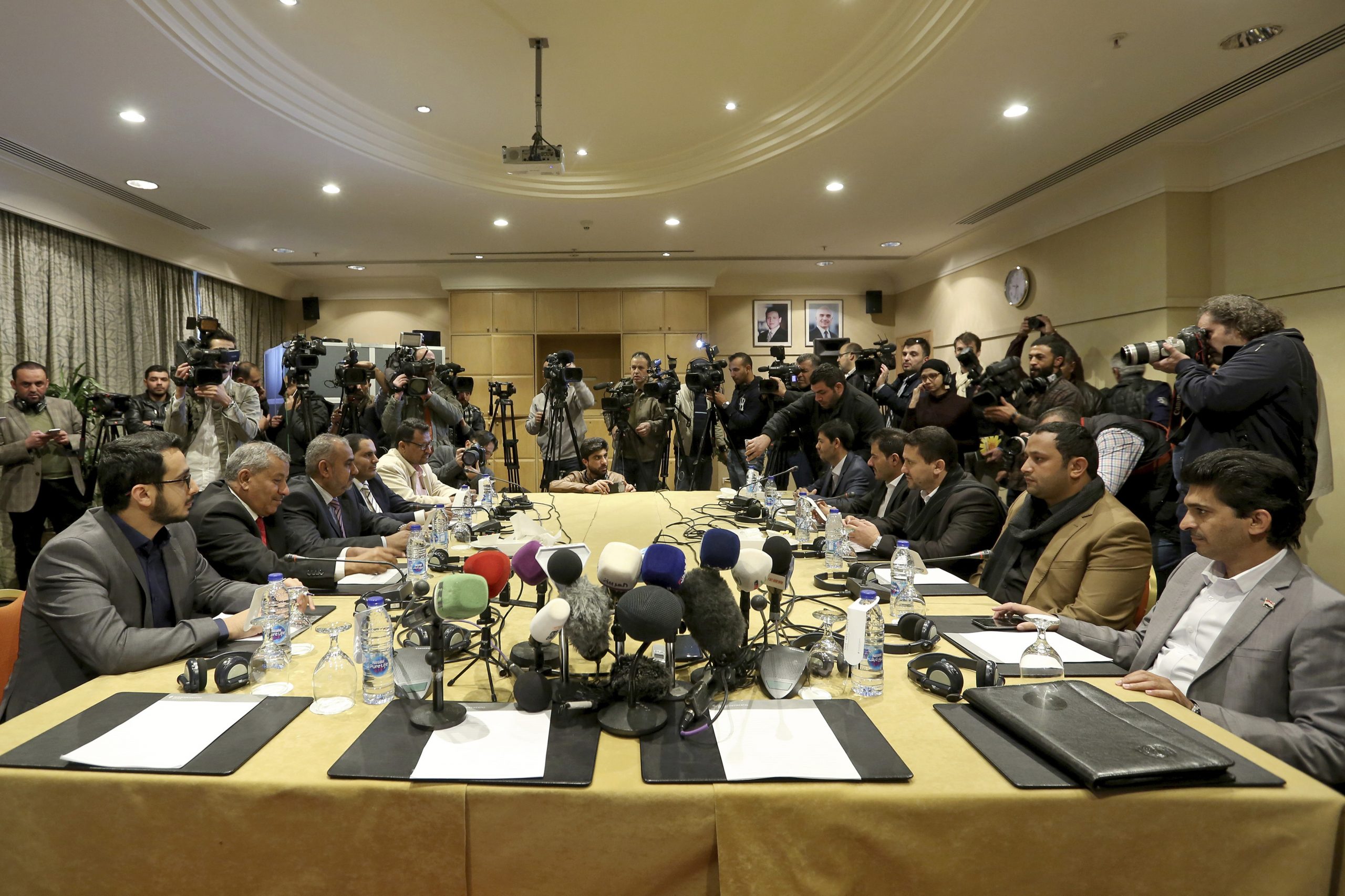How the U.S. Can Create Leverage With the Houthis in Yemen
The United States has at its disposal a number of diplomatic carrots and sticks that, if wielded effectively, could compel the Houthis to negotiate in order to end the war in Yemen.
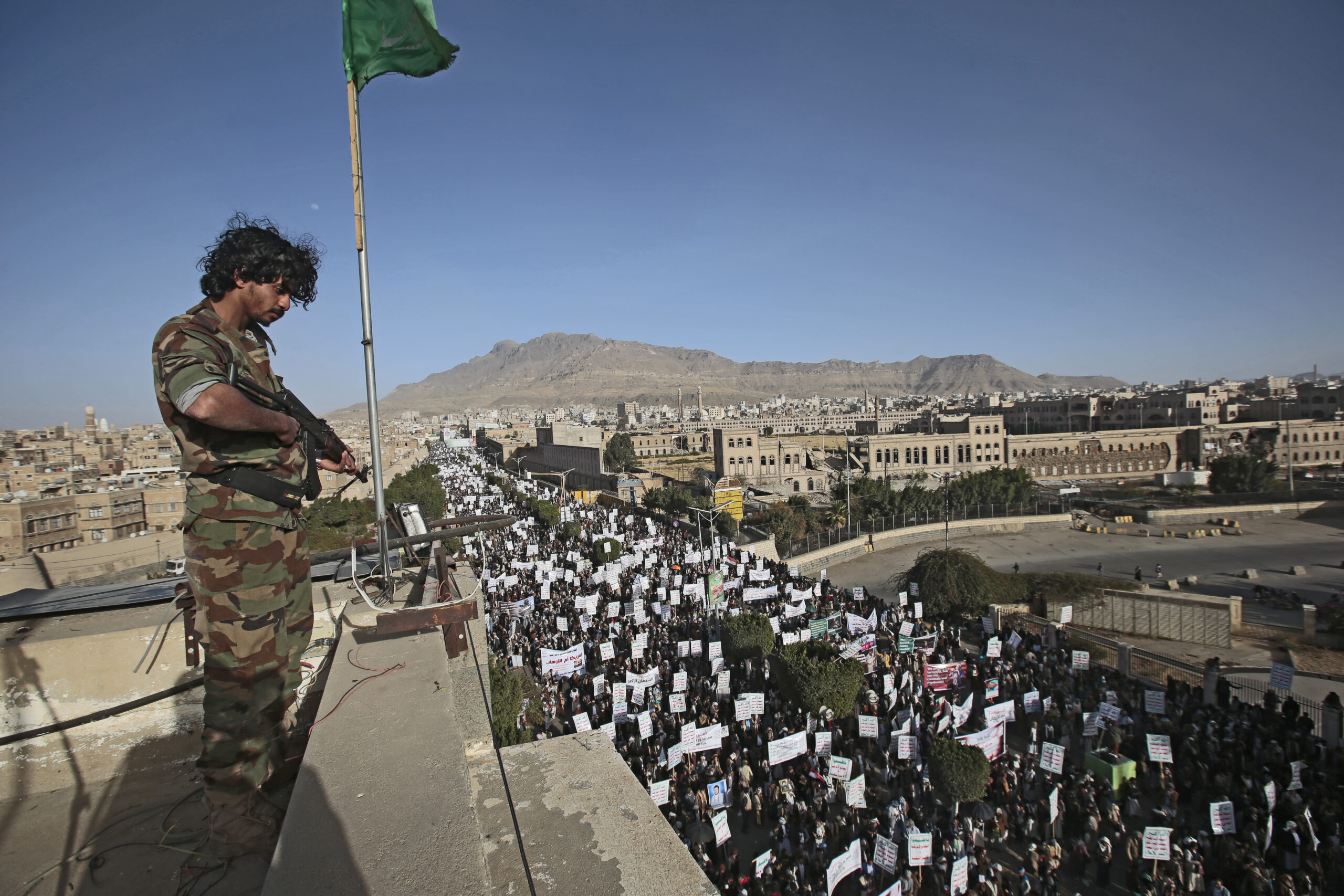
In June 2018, Saudi, Emirati, and Yemeni troops, allied with the government of President Abd Rabbu Mansour Hadi, launched an offensive on the Red Sea port city of Hodeidah. Their goal, three years into the war in Yemen, was to push the Houthis out of the city and deprive the group of its only outlet to the sea. But the United States, spurred on by humanitarian organizations warning of widespread famine, told the Saudi-led coalition to proceed with caution. Eventually, as the fighting dragged on with little change in the frontlines, the United States’ yellow light turned red.
The offensive stopped, and, in December 2018, the Houthis and the Hadi government signed the Stockholm Agreement, which called for Hodeidah to be handed over to “local security forces,” who – in the rush to secure a deal – were never defined.
Now, nearly three years later, the roles are reversed. This time, the Houthis are on the offensive, pushing east out of Sanaa toward the city of Marib and its surrounding oil fields. Once again, the United States is citing humanitarian concerns and calling for an end to the offensive. But unlike in 2018, the aggressor isn’t listening. The reasons for this are obvious: The United States has leverage and influence with both Saudi Arabia and the United Arab Emirates; it has neither with the Houthis.
Marib’s Importance
Should the Houthis succeed in taking Marib it will likely do three things simultaneously. First, it will worsen Yemen’s already dire humanitarian situation, as thousands of Yemenis who fled Houthi-controlled territory once are forced to flee yet again, putting more pressure on the already overtaxed infrastructure in neighboring governorates like Shabwa and Hadramout.
Second, it will end the possibility of Yemen being reconstituted as a single state. The Houthis hold Yemen’s capital of Sanaa and much of the northern highlands, where roughly 60% to 70% of Yemen’s population lives. The Houthis continue to hold the port city of Hodeidah thanks, in part, to the ambiguous text in the Stockholm Agreement, which allowed one group of Houthis to hand control of the city over to another group of Houthis. What they do not have, however, is access to Yemen’s limited oil and gas reserves, most of which are centered in the governorates of Marib, Shabwa, and Hadramout. In order to survive as an independent state in the north – and the Houthis have already appointed ambassadors to Iran and Syria – they need access to at least part of this area, which one analyst calls Yemen’s “triangle of power.”
Third, and relatedly, is the fate of Hadi. The Yemeni president was supposed to be a placeholder, someone who oversaw Yemen’s transition from the 33-year rule of President Ali Abdullah Saleh to something like a fledgling democracy. Hadi was initially elected via referendum to a 2-year transitional term. In February 2014, that term was extended a year. But before Hadi could serve out his term, the Houthis took Sanaa, placed him under house arrest, and forced him to resign. He later escaped, renounced his resignation, and asked the Saudi-led coalition to intervene militarily against the Houthis. Hadi, who spends most of his time in exile in Riyadh, has a limited base of support in Yemen, which he offsets through strong international support and military control over Marib, Shabwa, and Hadramout. Should Hadi’s allies on the ground lose Marib, the president would be deprived of key export revenue that he uses to maintain the rickety anti-Houthi alliance.
The U.S. Toolbox
The United States, of course, wants to prevent a worsening humanitarian crisis, the complete collapse of the state, and, at least in the near term, Hadi’s fall. To that end the United States has told Saudi Arabia that the war in Yemen must end, withdrawn all support from the coalition, and appointed a special envoy for Yemen. The administration of President Joseph R. Biden Jr. also reversed a last minute decision by the administration of former President Donald J. Trump to designate the Houthi movement as a foreign terrorist organization, which coincided with – or some would say emboldened – the renewed Houthi offensive on Marib.
But the Biden administration’s first two months in office have demonstrated that pressuring only one side in the conflict won’t end it. The United States needs influence with both sides. The question is how, at this late stage, can the United States create leverage with the Houthis.
The United States closed its embassy in Sanaa in early 2015, supported United Nations Security Council Resolution 2216, which blamed the Houthis for the conflict, sanctioned top Houthi leaders, and supported the Saudi-led coalition. But for all that, the Houthis remain the single most dominant actor in Yemen, stronger now than they were when the war began six years ago.
Still, the United States is not without options. It has at its disposal a number of diplomatic carrots and sticks that, if wielded effectively, could compel the Houthis to negotiate.
Perhaps the most obvious sticks are sanctions and the threat of sanctions. The current U.N. sanctions regime in Yemen has hurt the wrong people and strengthened the Houthis. In late 2014 and early 2015, the U.N. Security Council sanctioned three top Houthi figures, including the group’s top leader, Abdul Malik al-Houthi, along with Saleh and his eldest son. But by sanctioning the top leaders of the opposing groups, instead of starting with mid-level figures and ratcheting up the pressure, the Security Council limited the effectiveness of the program. Once Saleh and Abdul Malik were sanctioned, there was little motivation for them to change their behavior.
The U.N. sanctions, which consist of an asset freeze and a travel ban, also disrupted the elite bargain between Saleh and the Houthis. Saleh had international assets to freeze; the Houthis did not. This meant that even though sanctions were applied equitably, they had a disproportionate impact on Saleh, causing his network to atrophy. When Saleh and the Houthis came into direct conflict in late 2017, the Houthis were able to kill Saleh, dismantle or co-opt his network, and take unilateral control of the north.
The United States can reconfigure sanctions in Yemen by prioritizing unilateral sanctions that focus on the Houthis’ military commanders and economic agents. This would put pressure on parts of the Houthi movement where none currently exists and reduce funding the group uses to support its war effort.
Another potential stick that the United States could use is linking renewed negotiations with Iran on the Joint Comprehensive Plan of Action nuclear deal to Tehran’s support for the Houthis. Any reduction in Iranian support to the Houthis would drastically limit the group’s ability to project power within Yemen.
On the inducement side, the United States should push for a new U.N. Security Council resolution. The current framework is outdated and does not take into account the current realities on the ground. The United States could also push for reopening the Sanaa airport on humanitarian grounds and link the removal of U.N. sanctions on Abdul Malik to political progress. Although this last step would be largely symbolic – he does not travel outside of the country or have international assets – it could build goodwill with the Houthis.
None of these tools constitute a silver bullet for ending the war in Yemen. But taken together and used in coordination, they can help the United States create much needed leverage with the Houthis, which is a necessary first step to ending the war in Yemen.
The views represented herein are the author's or speaker's own and do not necessarily reflect the views of AGSI, its staff, or its board of directors.



